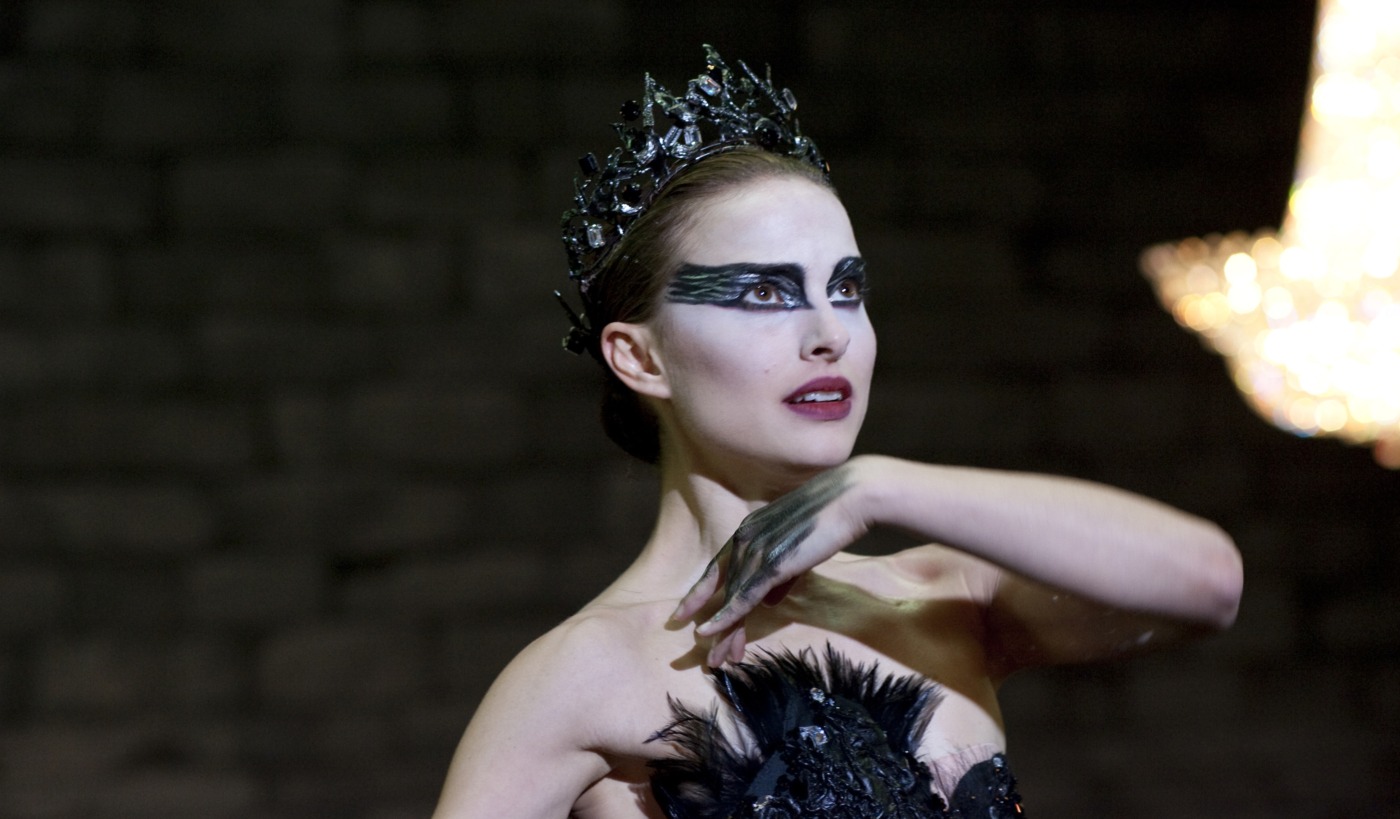‘Black Swan’: a lesson for those of us who want to enter the creative industry
It’s alluring isn’t it, the pull of the creative industry? The promise that we don’t have to work a stuffy 9-5 in a boring office space. Instead, we can bike to work in a creative co-space next to a brownstone organic coffee shop. We can wear fun clothes and spend our time creating: the thing we love to do. I know I feel that allure. I am a sucker for that fantasy, the prospect of achieving happiness by commodifying my creative passions. The romantic mysticism around the creative industry can however disguise the fact that it still suffers from many of the same constraints of non-creative jobs. Namely, the organisation of labour under capitalism.
Whilst promising to turn your passions into your purpose, the creative industry also requires your labour
Black Swan exemplifies and dramatises many of the criticisms made against the creative industry. Nina is a professional ballerina about to get her big break performing Swan Lake. It’s a story of passion, competition, and destruction. Whilst promising to turn your passions into your purpose, the creative industry also requires your labour. You are defined in some ways by what you produce. I often view the things I create as containing a part of myself. Creativity is important to my sense of self. Creating is often emotional.
This can cause several issues for creatives. In a political economy seminar, I came across the concept of affective labour. Wikipedia tells me that affective labour refers to the requirement to cause an audience to respond to your work on an emotional level. It’s easy to see ballet as a form of affective labour when considering the moving visual poetry of the dancers’ bodies and the years of work that go into captivating audiences with the precise beauty of the moves. A central tension in Black Swan is the pressure for Nina to truly embody the wild and seductive black swan. Her technique is perfect. Emotion is key to the perfect performance.
She needs to loosen her control and tap into her passion to truly convince the director and her audience. Arguably the psychological thriller/horror aspects of the film revolve around Nina’s attempts to deal with the intense demand of this affective labour. Black Swan could’ve been a lot less scary if the dancers were given some emotional support and therapy.
Even the arts can’t escape hustler culture
We’re conditioned into the belief that our artistic outputs must be perfection. Our society praises blind ambition at the expensive of ourselves. Despite this, there’s no denying that practice and a desire to be better can get results. Even the arts can’t escape hustler culture. If we are what we create, what does it mean when our creations destroy parts of ourselves? Affective labour is truly damaging because it goes unacknowledged. It’s a hidden demand of the job.
Pour yourself into your pieces, place your own vision, experiences, and personality into your work but don’t forget to keep producing. Even when things get tough and even when you want a break from yourself the demand for production is always there. Creativity is your livelihood and identity and parts of yourself are weaved into your creations. Who are you when you can’t create? You just have to keep dancing.
Nina’s desire for the perfect performance quite literally destroys her. Her feet bleed, she scratches her back from the pressure and her body becomes dangerously thin. Her mental health rapidly deteriorates. There are many studies that show overworking and stress to be bad for our mental health. Just because we’re supposedly doing something we love doesn’t mean it can’t impact us. Black Swan gets this across brilliantly, providing a lesson for those of us who want to enter the creative industry.
Ballet allows for an impressive display of everyone’s individual skills, but can it not also be a happy and communal space?
A lot of the pressure that Nina feels comes from her fear of missing her chance, and the worry that another girl will replace her. If this happens, all her years of practice and training will be worth nothing. Every girl is competition, especially the effortless Lily who is the foil to the controlled Nina. Can they not create together? Ballet allows for an impressive display of everyone’s individual skills, but can it not also be a happy and communal space? Ballet can’t just be nonstop solos.
The main takeaway from viewing Black Swan as a story of the dark sides of the creative industry is that creatives should demand more and the industry should expect less. Creative jobs are not some kind of loopholes that allow you to escape capitalism. We need to stand up for ourselves as creatives. As students especially it feels like we have to give away all our creative pieces for free. We overwork for our societies so that we can fill out a CV. I think it’s important for us all to remember that exposure isn’t payment. Payment is payment. We also need to be more confident in demanding that our welfare is accommodated for.

Comments